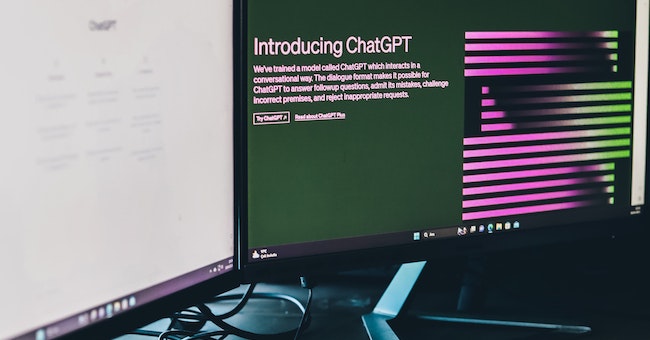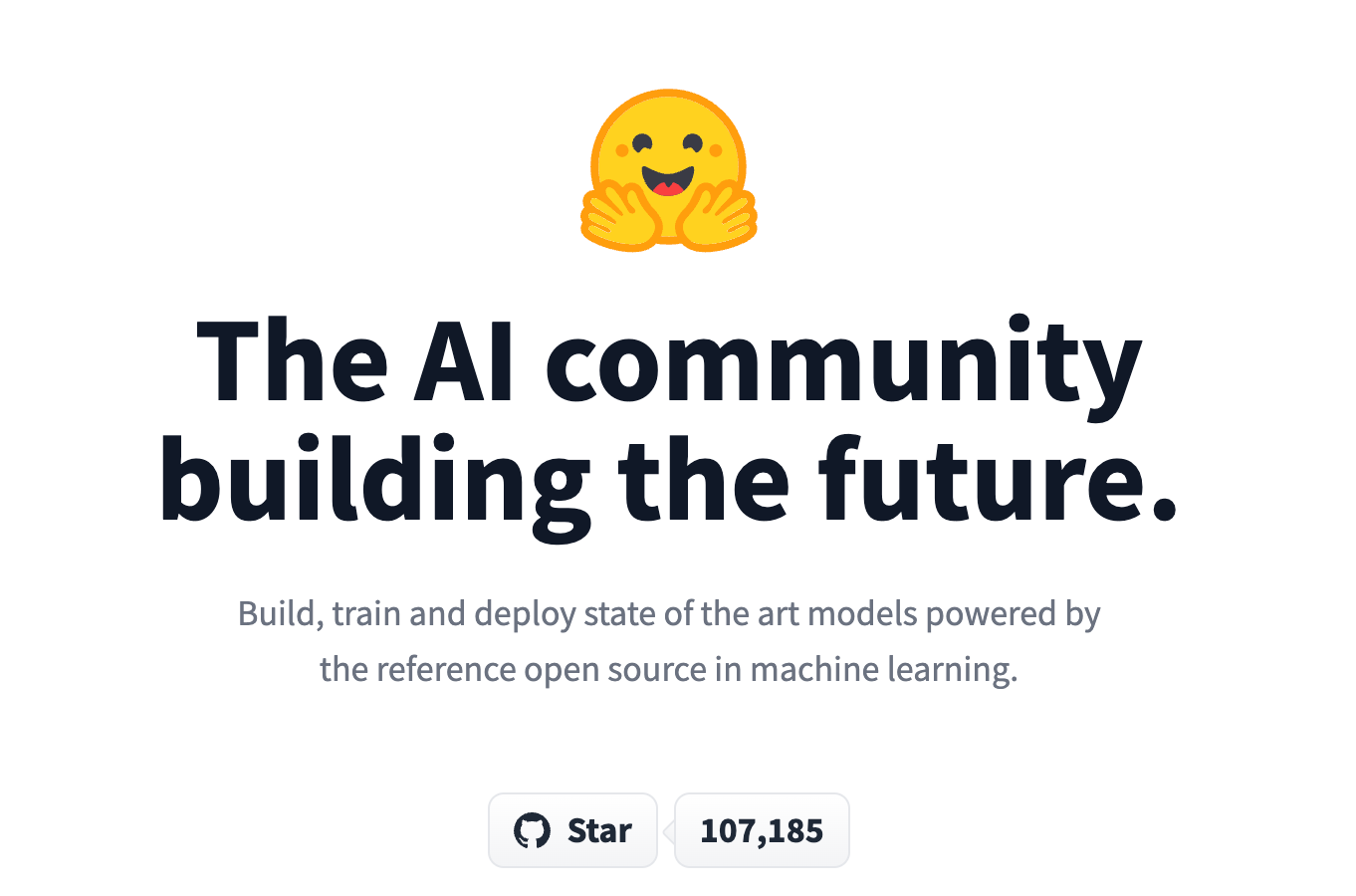How to Get Certified On ChatGPT

Introduction
ChatGPT certification holds significant value in the field of natural language processing (NLP) as it signifies expertise in working with the advanced language model. With the increasing demand for individuals skilled in ChatGPT, obtaining certification has become highly beneficial for professionals seeking to excel in the NLP domain. This blog aims to explore the concept of ChatGPT certification, highlighting its importance and the advantages it offers. We will delve into the skills and knowledge required to obtain ChatGPT certification and discuss how it demonstrates proficiency in working with this cutting-edge language model.
In the rapidly evolving field of NLP, ChatGPT certification has gained significant prominence. As organizations increasingly adopt AI-powered conversational agents and virtual assistants, the demand for individuals with expertise in ChatGPT continues to grow. Certification serves as a validation of an individual's skills and proficiency in leveraging ChatGPT effectively. It showcases their ability to understand the model's capabilities, employ best practices, and generate human-like text responses. ChatGPT certification sets professionals apart, providing them with a competitive edge in the job market and opening doors to exciting career opportunities in conversational AI, content generation, virtual assistant design, and more.
Prerequisites for Certification
Before pursuing ChatGPT certification, aspiring candidates should possess a solid foundation in NLP concepts and techniques.
Here are a few research papers and articles from conferences like ACL and EMNLP that have provided valuable insights into the latest advances in NLP. These help to better learn and understand NLP:
Vaswani, A., et al. (2017). "Attention Is All You Need." Proceedings of the 31st Conference on Neural Information Processing Systems (NIPS). This paper introduced the Transformer model, which revolutionized various NLP tasks by leveraging self-attention mechanisms.
Devlin, J., et al. (2019). "BERT: Pre-training of Deep Bidirectional Transformers for Language Understanding." Proceedings of the 2019 Conference of the North American Chapter of the Association for Computational Linguistics (NAACL). This influential paper introduced the BERT model, which achieved state-of-the-art performance on various NLP tasks by pre-training on large-scale corpora.
Raffel, C., et al. (2019). "Exploring the Limits of Transfer Learning with a Unified Text-to-Text Transformer." Proceedings of the 32nd International Conference on Neural Information Processing Systems (NeurIPS). This work introduced the T5 model, a versatile text-to-text transformer that achieved impressive performance across a wide range of NLP tasks.
Liu, Y., et al. (2019). "RoBERTa: A Robustly Optimized BERT Pretraining Approach." Proceedings of the 2019 Annual Conference of the Association for Computational Linguistics (ACL). This paper proposed RoBERTa, an improved variant of BERT that incorporated additional training data and fine-tuning techniques, leading to enhanced performance on downstream NLP tasks.
Yang, Z., et al. (2019). "XLNet: Generalized Autoregressive Pretraining for Language Understanding." Proceedings of the 2019 Conference on Empirical Methods in Natural Language Processing and the 9th International Joint Conference on Natural Language Processing (EMNLP-IJCNLP). This research introduced XLNet, a novel autoregressive pretraining method that surpassed BERT's performance by addressing the limitations of the traditional left-to-right autoregressive models.
These papers represent a small selection of influential works from ACL and EMNLP conferences. By exploring these publications and diving into their references, you can gain further insights into the latest advances in NLP and discover other noteworthy research papers that have shaped the field.
Preparing for the ChatGPT Certification Exam
When preparing for the ChatGPT certification exam, it's essential to adopt effective strategies that enhance your understanding and proficiency in working with the language model. Here are some recommendations for resources and platforms to help you prepare:
OpenAI Cookbook: OpenAI provides a Cookbook that offers practical examples and code snippets for working with ChatGPT. This resource can be invaluable for learning how to interact with the model, understanding input formatting, and optimizing responses.
OpenAI API Documentation and Guides: Explore the OpenAI API documentation and guides, which provide information on how to use the ChatGPT API effectively. Understanding the API endpoints, authentication, and response handling is crucial for successful integration with your applications.
OpenAI Community: Engage with the OpenAI community through forums, discussion boards, and social media channels. The community often shares insights, experiences, and tips related to ChatGPT, allowing you to learn from others and gain valuable knowledge.
Online Tutorials and Courses: Several online platforms offer tutorials and courses specifically designed for working with ChatGPT and NLP. Some recommended platforms include:
Coursera: Explore courses like "Natural Language Processing" or "Deep Learning Specialization" to gain a solid foundation in NLP and deep learning concepts.
Udemy: Look for courses such as "Practical Deep Learning for Coders" or "Natural Language Processing with Python" to learn practical techniques and gain hands-on experience.
Fast.ai: Consider the "Deep Learning for Coders" course, which covers a range of topics, including NLP, and provides practical assignments and coding exercises.
Practice Exercises and Projects: Seek out practice exercises and projects to apply your knowledge and skills. You can find NLP-related coding challenges and datasets on platforms like Kaggle, GitHub repositories, or participate in NLP competitions to test your abilities in real-world scenarios.
Obtaining ChatGPT Certification
To obtain ChatGPT certification, individuals need to demonstrate a strong command over the language model and possess a comprehensive understanding of NLP principles. Proficiency in working with ChatGPT involves a range of skills and knowledge, including:
Deep understanding of natural language processing concepts and techniques.
Familiarity with neural network architectures and attention mechanisms.
Experience in preprocessing and handling text data for input to ChatGPT.
Knowledge of techniques for fine-tuning and optimizing ChatGPT for specific tasks.
Understanding ethical considerations and responsible deployment of AI models.
Proficiency in programming languages commonly used in NLP, such as Python.
By obtaining ChatGPT certification, professionals demonstrate their ability to leverage the language model effectively, understand its limitations, and employ it responsibly. Certification acts as a testament to their expertise and serves as a tangible representation of their commitment to staying at the forefront of NLP advancements.
Conclusion
ChatGPT certification is not just a validation of skills, but also an opportunity to contribute to the advancement of NLP. By obtaining certification, professionals showcase their dedication to staying at the forefront of AI-driven language models, enabling them to actively contribute to cutting-edge projects and collaborate with experts in the field.
We encourage readers to consider pursuing ChatGPT certification as a means to enhance their skills, expand career opportunities, and contribute to the advancement of NLP.





